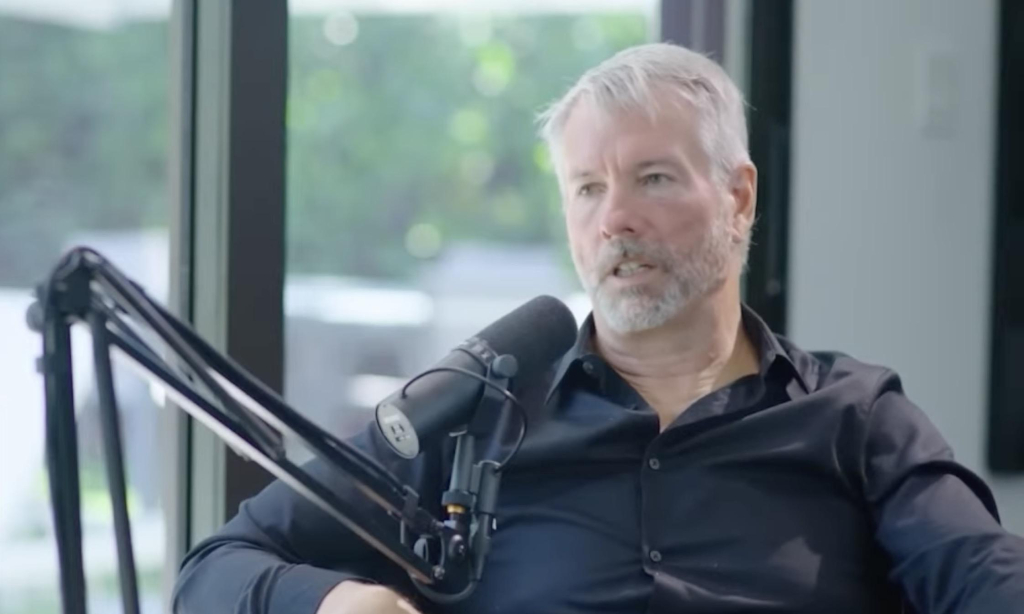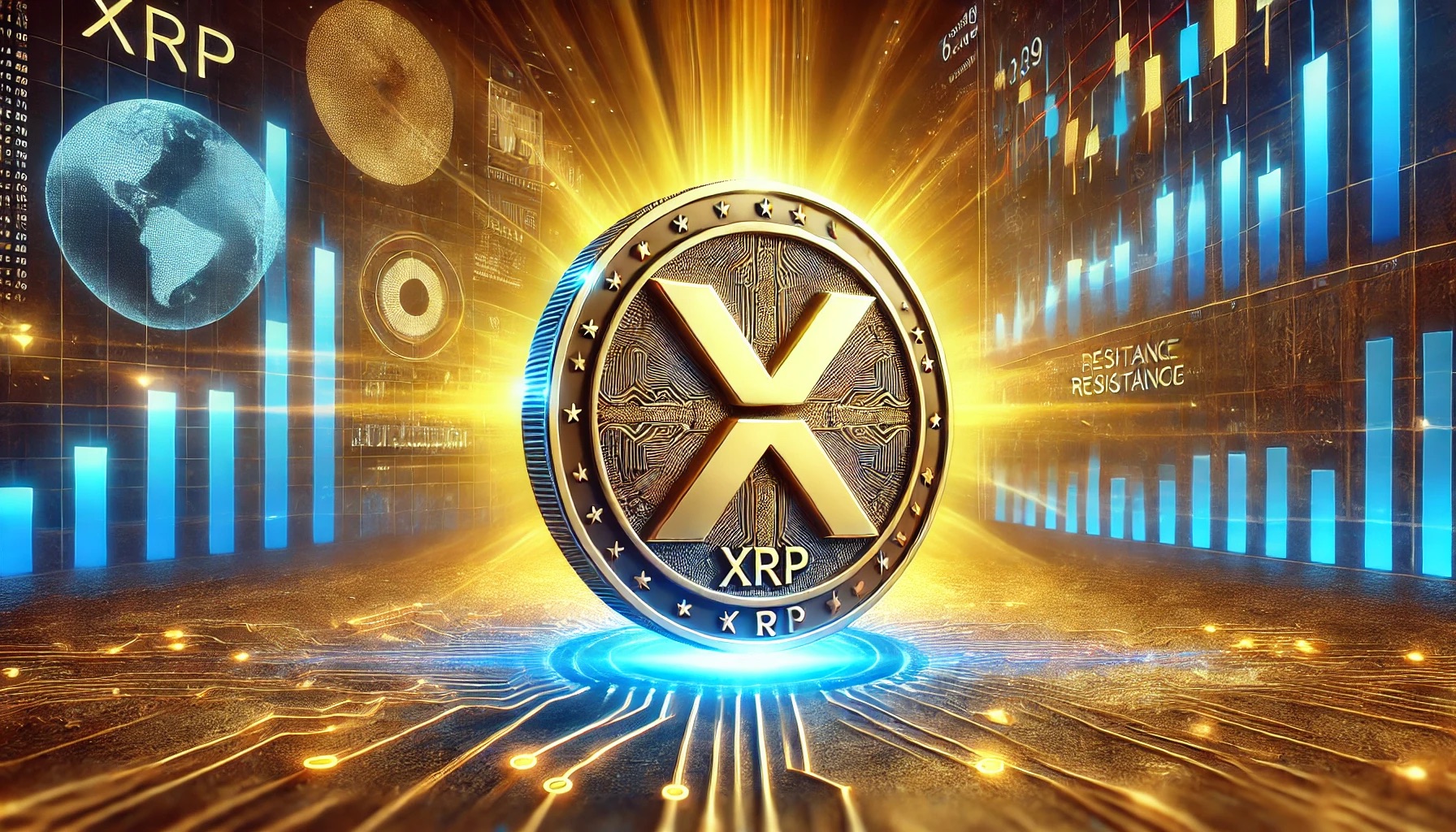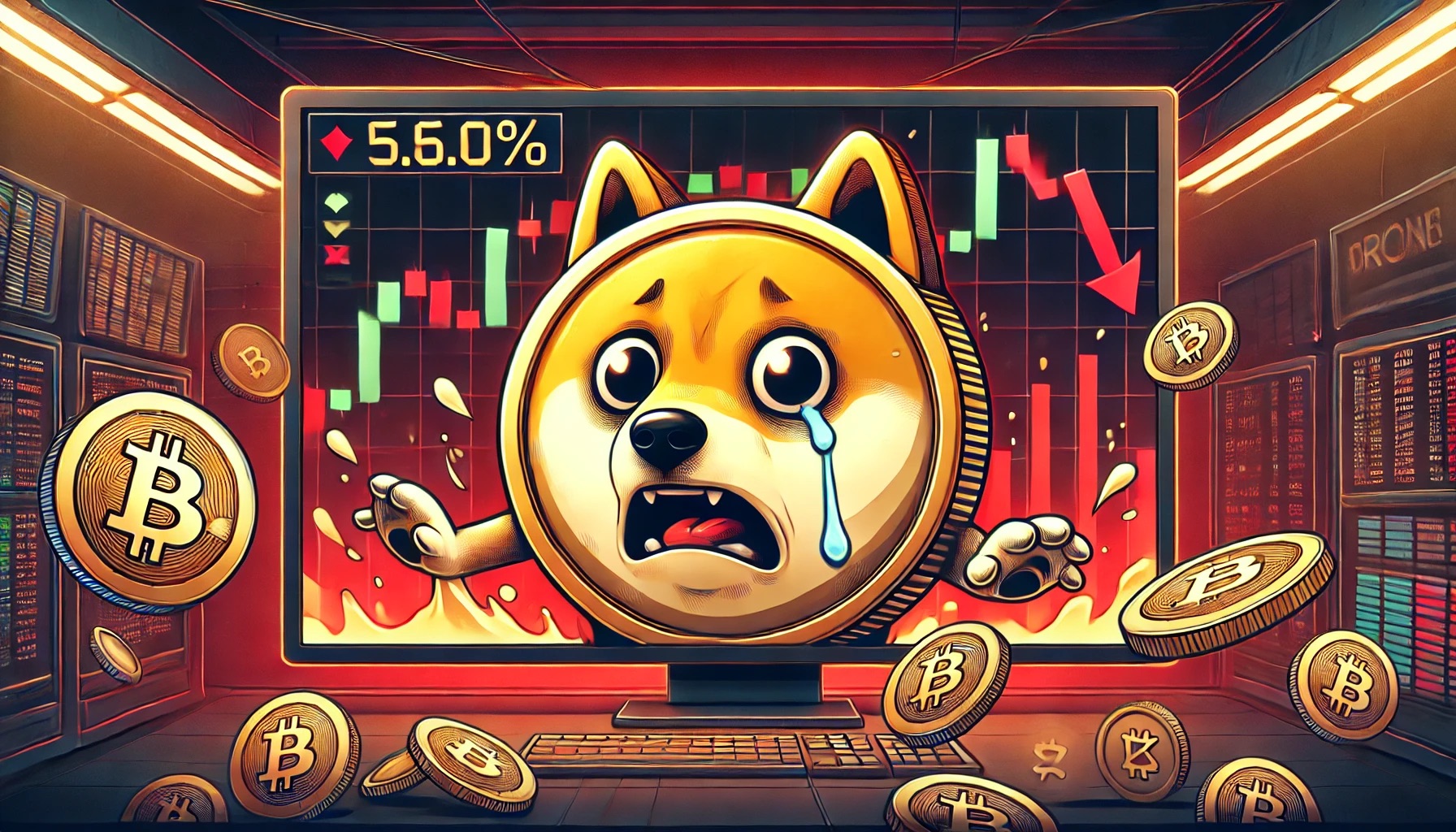Coinbase's top executive, Brian Armstrong, recently championed the cause of decentralized finance (DeFi) protocols, highlighting the legal challenges they face. In his communication via social media platform X, formerly known as Twitter, Armstrong pointed out that the present trajectory might push this pivotal industry to operate primarily outside of domestic boundaries.
Armstrong emphasized the potential misstep by the United States Commodities and Futures Trading Commission (CFTC) in categorizing DeFi protocols similarly to traditional financial firms. He pointed out that it remains debatable whether the DeFi platforms genuinely fall under the regulations of the Commodity Exchange Act.
His remarks come on the heels of the CFTC's decision last week, where they clamped down on three DeFi entities, accusing them of unsanctioned trading of cryptocurrency derivatives. The CFTC's main contention was that these platforms facilitated prohibited trading of such derivatives without proper credentials.
However, Armstrong isn’t the sole voice highlighting these concerns. Republican Commissioner Summer Mersinger echoed similar sentiments. Mersinger’s perspective centers on the idea that the CFTC should prioritize shaping lucid regulations for DeFi platforms. Instead of quick punitive actions, she advises a more open dialogue with the public to develop comprehensive and clear guidelines.
The legal landscape for DeFi hasn’t been all bleak, though. Recently, the CFTC registered a victory in its case against Ooki DAO. The trading platform was found to be operating against existing regulatory standards. Consequently, in June 2023, a decisive ruling by a federal judge led to Ooki DAO’s shutdown and a fine of over $600,000.
This intensified focus on the crypto domain isn't isolated. Key cryptocurrency firms, including Coinbase itself and Binance, have recently been under the microscope, with regulatory agencies like the U.S. SEC launching inquiries.























Comment 0